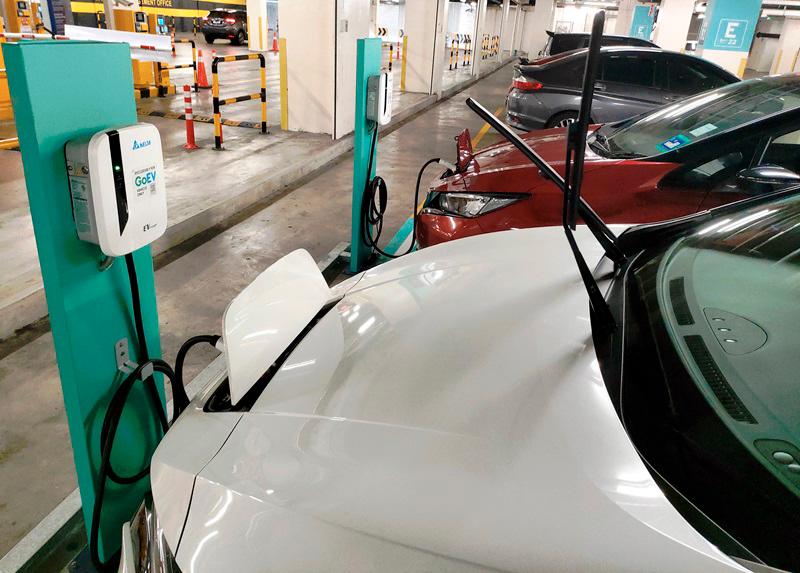SEOUL: The South Korean government said on Friday it will conduct prior safety checks on electric vehicle (EV) batteries and require EV makers to disclose their battery brands to address public concerns about spontaneous fires in EVs, reported Yonhap.
The plan was finalised during a government meeting led by Prime Minister Han Duck-soo. It is part of a package of measures developed by various ministries and agencies to improve EV safety following a series of fires involving such vehicles last month, according to the Office for Government Policy Coordination.
On Aug 1, an imported EV exploded in an apartment underground parking lot in Incheon, 33 kilometres west of Seoul, burning or damaging about 140 cars. Days later, a fire broke out in a parked EV in Geumsan, 166 km south of Seoul.
Under the government plan, the EV battery certification system, which was scheduled to go into effect next February, will be launched early on a trial basis in October. This means the government will conduct prior safety checks on batteries of both domestic and foreign-made EVs before they are manufactured.
EV manufacturers will also be required to disclose key information on the batteries, including their brand and main ingredients, in addition to the currently required details such as battery capacity, rated voltage, and maximum output.
During routine inspections of EVs, the number of checked items will be increased to include cell voltage, battery temperature, and charge level. Additionally, inspection stations will be equipped with the necessary equipment and infrastructure at an early date.
The accountability of EV manufacturers and charging businesses will also be strengthened by excluding manufacturers without liability insurance from government subsidies, and pushing for legislation that mandates liability insurance for EV charging businesses.
Meanwhile, the government will update the Battery Management System (BMS), a programme that detects and issues warnings on battery conditions in real time, and increase its usage among drivers to better detect fire risks in advance.
Before the year-end, the government will create a set of criteria within the BMS to measure battery risks, with plans to devise a function that automatically alerts firefighting authorities when the risk level is highest.
To better respond to underground parking lot fires, the government said it will install wet sprinkler systems in all new buildings. However, buildings with water pipes at risk of freezing and bursting will be allowed to install pre-action sprinkler systems instead.
In consideration of the public’s growing concerns about EV fires, the government said it will defer by a year the mandatory expansion of EV parking spaces and charging facilities in existing buildings, which was to be applied starting next January.
To improve firefighters’ responses to these fire incidences, the number of relevant equipment at fire stations nationwide will be increased. Among other items, mobile water tanks will be increased from 297 to 397, and fire blankets from 875 to 1,131, by next year.
- Bernama, Yonhap









